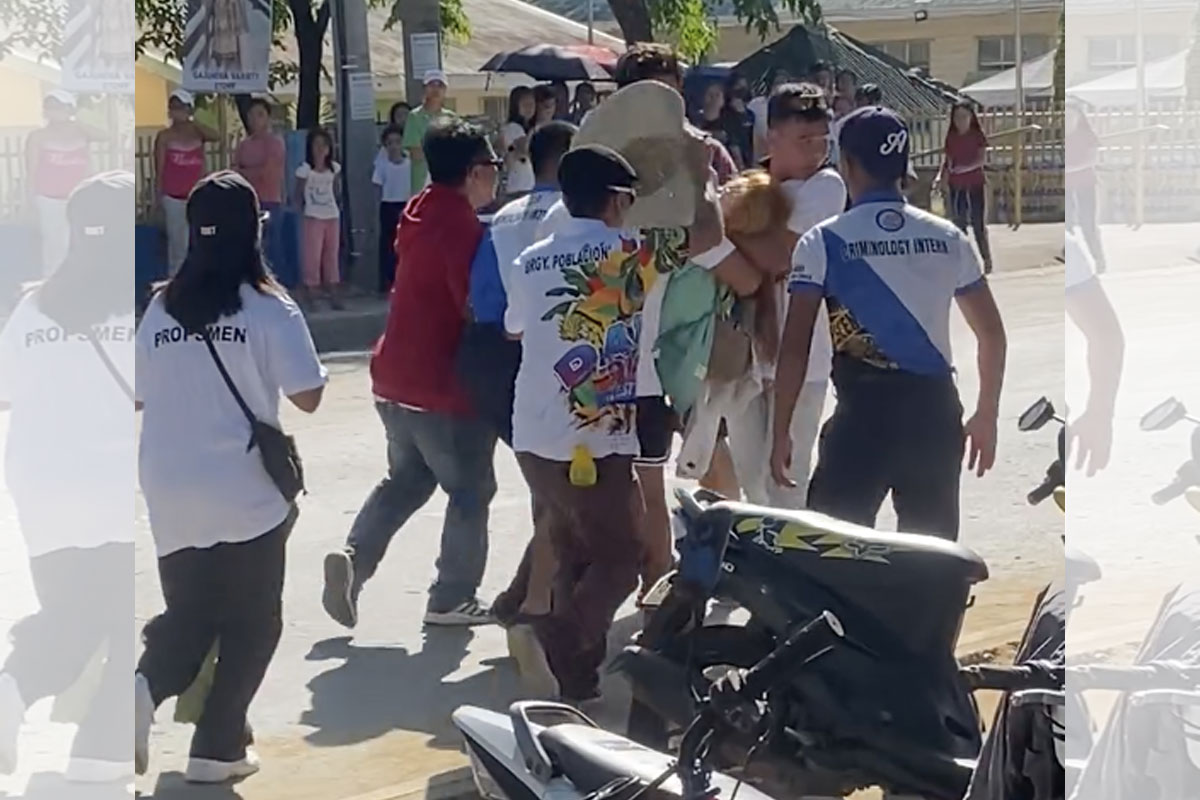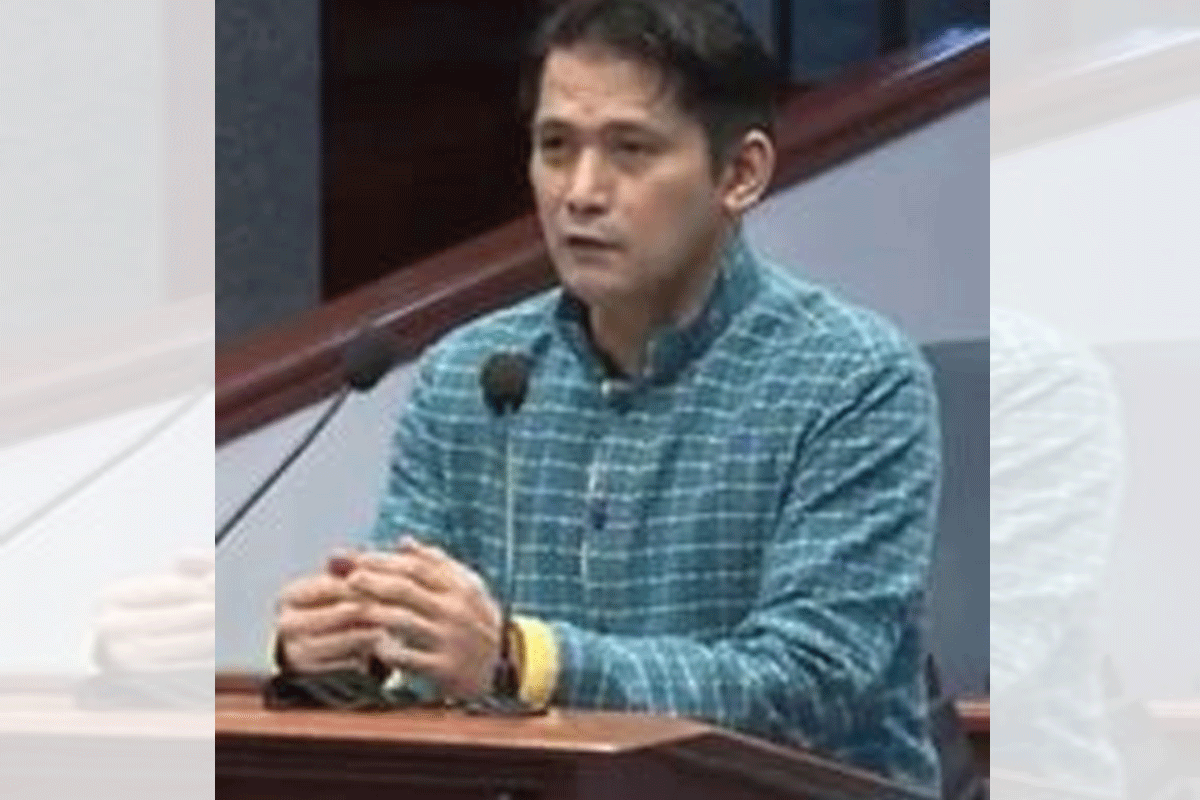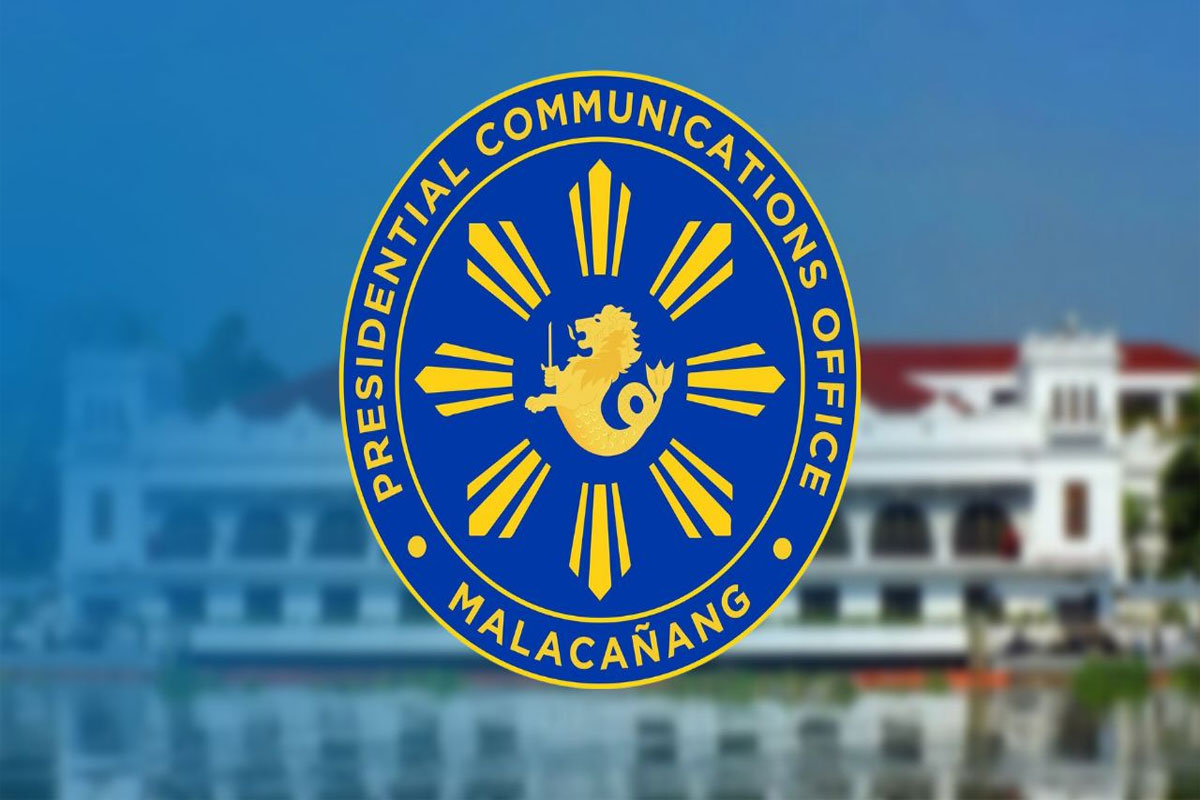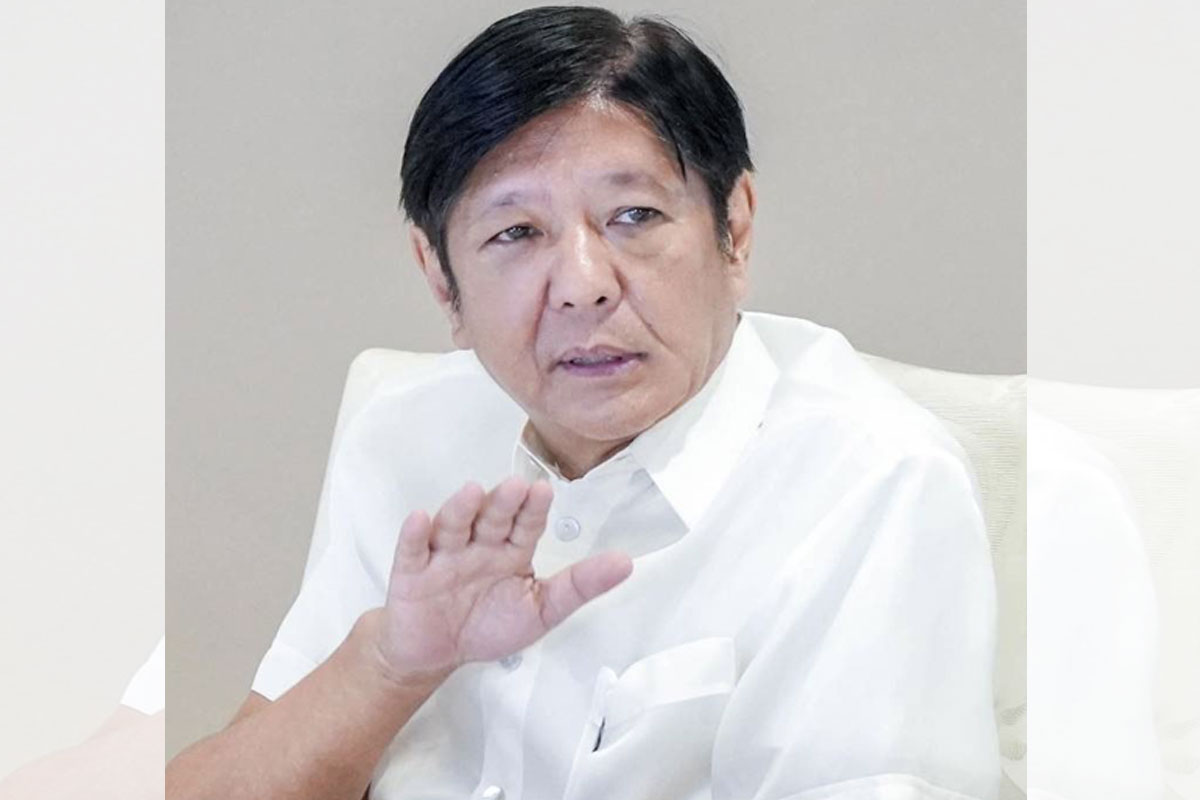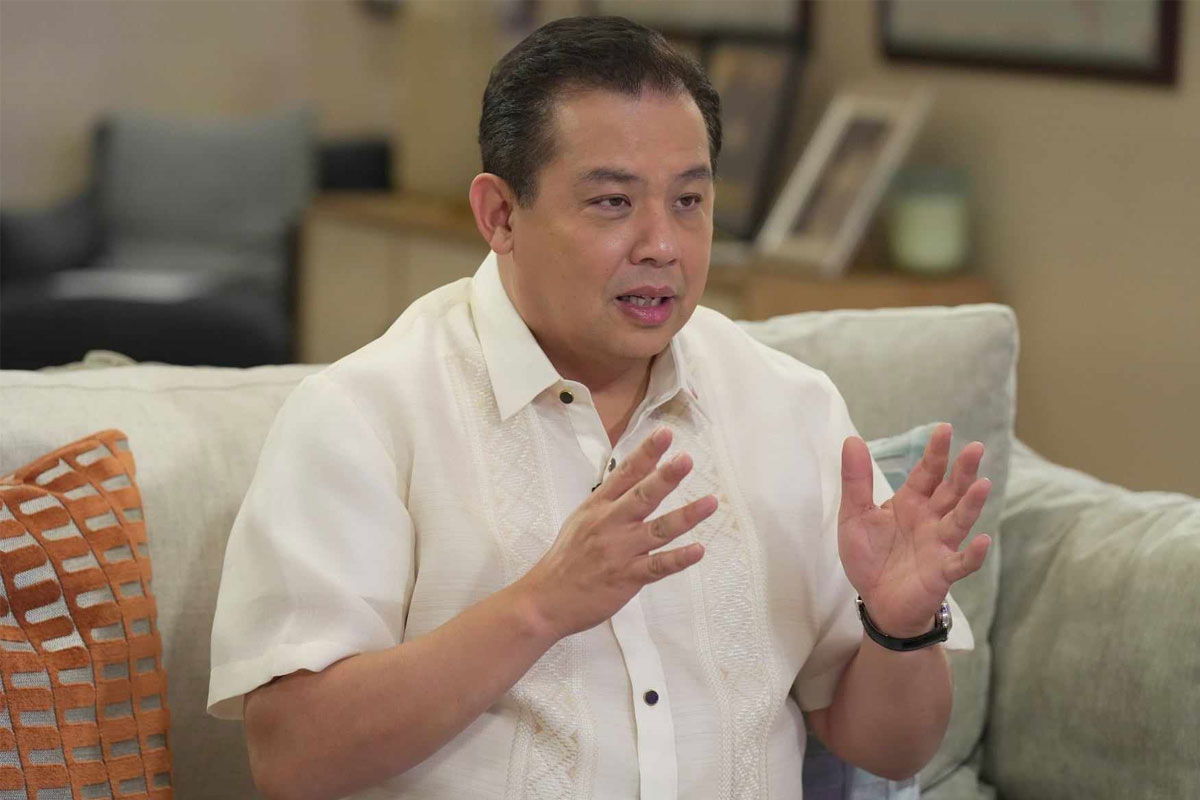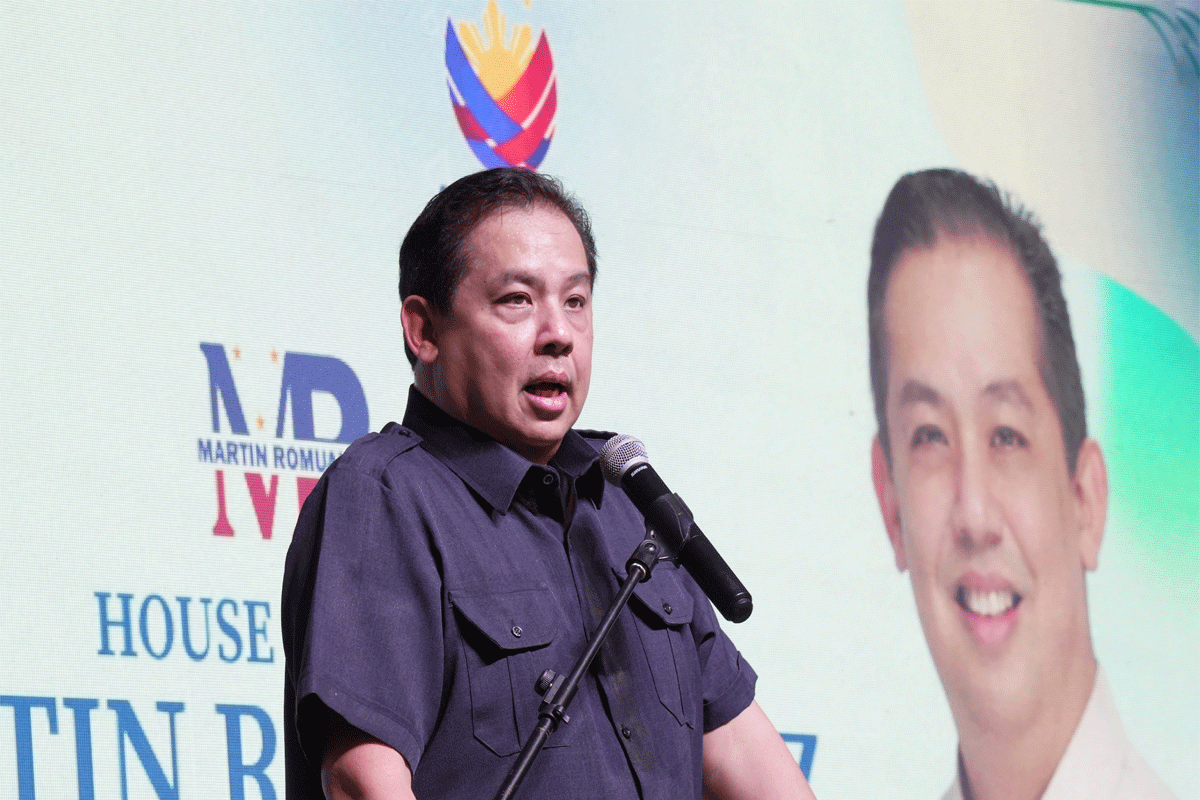Mister ni Angeline ‘daks’
Apr 26, 2024
Economic Cha-cha kailangan — Robin
Apr 25, 2024
Calendar
Nation
House passes bill penalizing foreign currency smuggling
Ryan Ponce Pacpaco
Aug 10, 2023
140
Views
THE House of Representatives on Wednesday approved on third and final reading a measure that defines and penalizes the act of bulk foreign currency smuggling for any person found concealing through fraud, willful misdeclaration or other means the amount exceeding $10,000 when arriving or leaving any point of entry in the Philippines.
With a vote of 266, lawmakers approved House Bill (HB) No. 8200 or the “Anti-Bulk Foreign Currency Smuggling Act,” which also mandates the Bureau of Customs as the lead agency in implementing the provisions of the bill.
“The measure is aimed at preserving the integrity of the country’s monetary system. It also ensures that the Philippines will not be used as a transport point for money laundering. We will not allow our points of entry, like our ports and airports, to be used for any part of unlawful activities,” Speaker Martin G. Romualdez, the leader of the 312-member House of Representatives, declared.
Some of the principal author of the measure include Reps. Joey Sarte Salceda, Lex Anthony Cris Colada, Marissa “Del Mar” Magsino, Gus Tambunting, Ray Reyes, France Castro, and Manuel Jose Dalipe.
To prevent bulk foreign currency smuggling, HB 8200 mandates the enforcement of a written or electronic declaration system for the physical cross-border transfer of foreign currency and other foreign currency-denominated bearer monetary instruments into and out of the Philippines.
If a person carries with him an amount that exceeds $10,000 or its equivalent in other currency, he or she has to make a written or electronic declaration form that contains the following: personal
information of the person transporting foreign currency; details of travel, including arrival or departure date; legal capacity in which the person filing the declaration is acting; information on the owner or sender, including that of the recipient, of the foreign currency; information on the foreign currency being transported; and additional information as may be required under the rules and regulations to be issued to implement this Act.
The measure defines the criminal offense of bulk foreign currency smuggling in two ways: (1) when a person not registered with the Bangko Sentral ng Pilipinas (BSP) as an entity engaging in periodic transfer of bulk currency transports or transfers $200,000 in and out of the country; and (2) when a person evades currency declaration as specified under the measure.
These include concealing an amount exceeding $10,000 in articles of clothing worn by the person, in luggage, merchandise or other containers; failing to declare the unaccompanied foreign currency; making a false declaration considered as fraud as defined in the bill; or structuring the physical cross-border transfer of foreign currency or foreign currency-denominated bearer monetary instruments.
“Fraud refers to false declaration of foreign currency or bearer monetary instruments being transported with a discrepancy of more than thirty percent (30%) between the amount declared and the amount found by the Customs Officer after examination,” the measure read.
Any person found guilty of bulk foreign currency smuggling can be penalized with imprisonment of up to 14 years and a fine of up to twice the amount of the smuggled foreign currency
“Bulk foreign currency smuggling under Section 9 of this Act shall be a predicate offense to money laundering as defined in Republic Act No. 9160,” HB 8200 added.
The bill also authorizes the BoC to hold temporarily or seize foreign currency or foreign currency-denominated bearer monetary instruments from persons it may suspect or find violating provisions of the measure.
The BoC is also mandated to report any incident of bulk foreign currency smuggling to the Anti-Money Laundering Council for further investigation of possible violations under Republic Act No. 9160, otherwise known as the Anti-Money Laundering Act of 2001; Republic Act No. 10168, otherwise known as the Terrorism Financing Prevention and uppression Act of 2012; and Republic Act No. 11479, otherwise known as the Anti-Terrorism Act of 2020.
Young Guns ng Kamara kinondena PBBM deepfake
Apr 26, 2024
Young Guns binalaan mga mapagsamantalang negosyante
Apr 25, 2024
Economic Cha-cha kailangan — Robin
Apr 25, 2024

